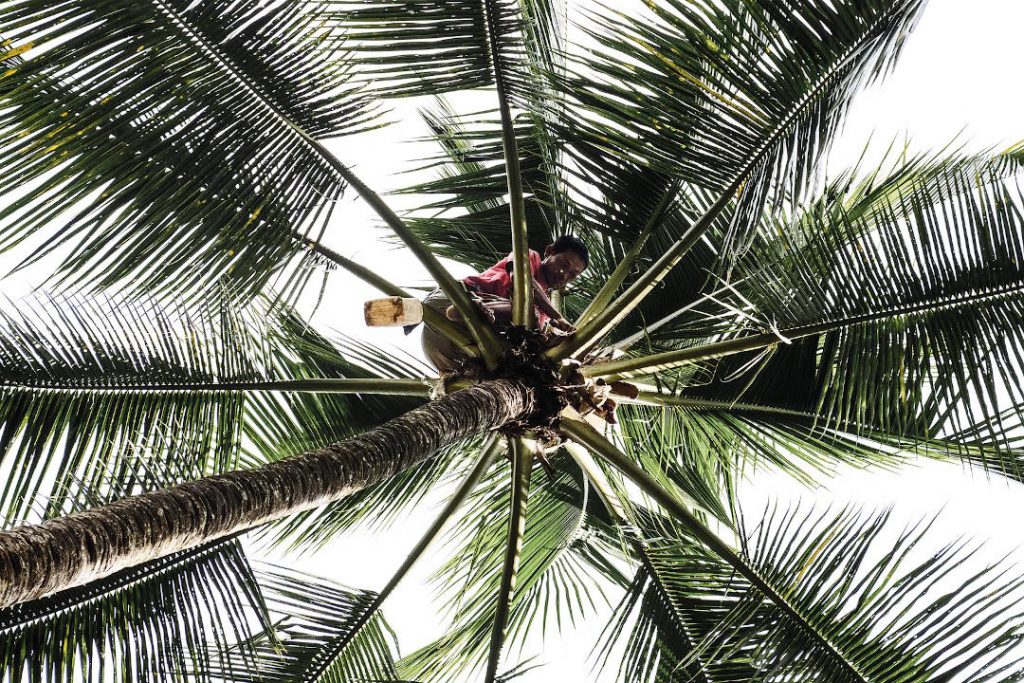Many people are turning to organic coconut sugar as an alternative to white sugar because it is healthier and has a lower glycemic index. In today's environmentally-conscious world, however, there are other questions that must be answered before we can make a decision to switch to coconut sugar. Is coconut sugar sustainable? In other words, can we continue to consume coconut sugar without causing harm to the environment?


Environmental impact of coconut farming
From the tree itself, coconut palm trees are an ecologically beneficial tree crop that grow in diverse, wildlife supportive agro-ecosystems, restore damaged soils and require very little water. In fact, since coconut palms can grow in such severely depleted soil, using so little water, that they require very little maintenance. Not only that, but over time they actually improve soil structure, fertility and water conservation.
Coconut palms are a tree crop which benefits the environment ecologically. Their cultivation restores damaged soil requiring very little water in the process. In addition, coconut palms produce more sugar per acre than sugar cane (50-75% more). At the same time, they use less than 20% of the soil nutrients and water for that high level of production. This reasoning makes Coconut Sugar an extremely sustainable product.
This has led many traditional communities throughout the world to consider coconut palms as the one tree that can provide a multitude of usable goods, such as roofing material, food, coconut water, building material and shade for crops.
Is Coconut Sugar Sustainable and environmentally friendly?
The answer, in short, is that coconut sugar is the most sustainable sweetener grown in the world today. This is the claim made by the Food and Agriculture Association of the United Nations. There are many reasons why coconut sugar is thought to be one of the most environmentally-friendly crops in the world.
Coconut trees need very little water to grow, and even less just to produce the nectar needed for coconut sugar. Also, coconut trees provide the farmer with the ability to obtain sugar from the flower while allowing another stalk to mature to form coconuts. Thus, it is a crop that promotes self-sufficiency among farmers, especially as demand for coconut sugar rises. Farmers can get coconuts and sugar from the same tree.
Moreover the sap flows from coconut trees for up to twenty years after they have been tapped. This means that the productivity of coconut sugar crops is much higher than that attained with other products. The coconut tree also supports a diverse ecosystem. As coconut sugar brings profits to many communities across the world, they will be inclined to support these ecosystems in order to keep the coconut trees alive and healthy.
Conclusion
Coconut sugar is a healthier option than sugar, but it also seems that it is a more environmentally-friendly & sustainable option. Thus, there is more than one reason to turn to coconut sugar as an alternative to white sugar today! Indo Coconut Sugar - Organic Coconut Palm Sugar Wholesale Supplier
